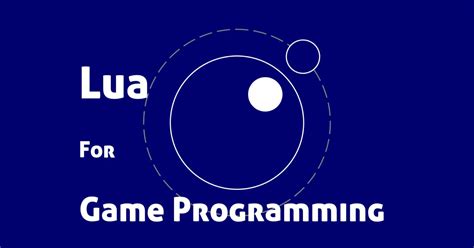When embarking on large-scale project development with the Lua programming language, opinions wildly differ, particularly when dealing with upwards of 60,000 lines of code. This sentiment is echoed in the community, with many recognizing Lua for its simplicity, flexibility, and practicality. As one user noted, the volume of code sounded ‘crazy for Lua,’ highlighting just how ambitious such a project can be with a typically minimalistic scripting language.
Shipping a game these days amid an intensely competitive environment is no small feat. Completing a project of such magnitude is laudable, as expressed by several users—congratulating the development team for their tenacity and hard work. Though some argue that shipping a game doesn’t directly correlate with competition, it undoubtedly adds another layer of complexity and pressure.
In the realm of game development, choosing the right programming language can significantly impact the overall progress and performance of the game. Some users ponder why the developers shied away from C++. One notable hurdle often mentioned is C++’s notoriously long compile times, which can stifle rapid iteration—a critical component in game development. Lua, on the other hand, allows for quicker iterations due to its interpreted nature.
Lua’s appeal partly lies in its lightweight nature and ease of embedding, which can benefit large-scale projects despite its limitations. One user intriguingly brought up Jonathan Blow’s critique of scripting languages in game development, arguing that they are outdated and inefficient. Blow suggests that robust, compiled languages like C++ should replace scripting languages due to performance and error-prone issues. Nevertheless, developers such as those on this Lua project still find value in its rapid development capabilities and flexibility.
The debate on the usage of scripting languages versus compiled ones also brings in the aspect of modding. Scripting languages have long been celebrated for lowering the barrier to entry for community-driven modifications. One user reminisced about their positive experience with modding in QuakeC, which offered domain-specific features like native vector types. This highlights the importance of choosing a language that supports extensibility and community engagement while not compromising the core mechanics.
Despite its simplicity, using Lua for a heavy-lifting project uncovers both accolades and grievances. Enthusiasts praise Lua for its straightforward syntax and rapid execution. However, others voice frustrations, particularly its weak typing, which can lead to elusive runtime bugs. A user lamented having to endure errors due to Lua silently returning nil for non-existent elements—an aspect that complicates debugging.
Solutions to Lua’s inherent issues include employing linters like luacheck or even writing custom transpilers to add missing features, such as increment operators. However, these workarounds might alienate some by deviating from Lua’s norms, creating non-portable code.
Lua does shine in some specific domains, as reflected in various user comments. Its inherent cross-platform compatibility and the ability to build anywhere with a C compiler make it appealing for embedded systems, modding, and rapid prototyping in game development. The versatility of Lua, particularly in creating specialized domain-specific languages (DSLs), has proven advantageous for many, as shared by users leveraging Lua for trading systems and ad campaign management. Its adaptability allows for intricate customization, making it a potent tool in the right hands.


Leave a Reply